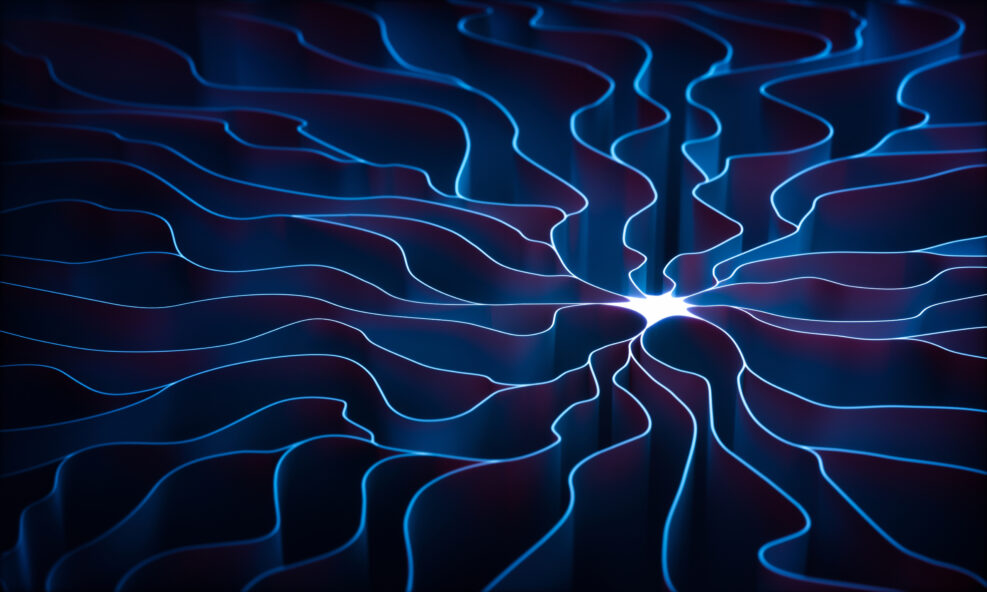
TagAnil Seth


Neuroscientist vows post-wager: We’ll nail consciousness yet!
Anil Seth, proponent of the “hallucination” theory of consciousness, vows that researchers will find that consciousness spot or circuit in the brain
The Science “Advances” Disproving the Mind Are Ever More Elusive
A friendly interview with an important neuroscientist makes that starkly clearUniversity of Sussex neuroscientist Anil Seth, author of Being You: A new science of consciousness (October 2021), is quite determined to stamp out consciousness as an immaterial idea. It’s “stubbornly mysterious,” according to Tim Adams for The Guardian. But, we are assured, “Advances in understanding how the brain functions undermine those ideas of dualism, however.” But those advances prove increasingly elusive. From the interview: Anil Seth: It’s the boring answer of continuing to do rigorous science, rather than proposing some eureka solution to “the hard problem” [the question of why and how our brains create subjective, conscious experience]. My approach is that we risk not understanding the central mystery of life by lurching to one or other form of magical Read More ›

Yes, your brain is a machine—if you choose to see it that way
As a Nobel Prize physicist pointed out, our method of study determines what we learnAnil Seth, a Professor of Cognitive and Computational Neuroscience at the University of Sussex, gave a TED talk recently (linked below) in which he asserted that “the combined activity of many billions of neurons—each one a tiny biological machine—is generating our conscious experience…” So, is your brain really a biological “machine”? Or is that just an analogy, like saying that a restaurant kitchen is a “hive” of activity? If so, how good is the analogy? Why do we select the analogy of a “machine” rather than a different one? It’s an important question, as we will see, because the questions we ask of nature constrain the answers we obtain. A machine is an artifact. It is a human-built assembly of Read More ›

Does your brain construct your conscious reality? Part II
In a word, no. Your brain doesn't "think"; YOU think, using your brain